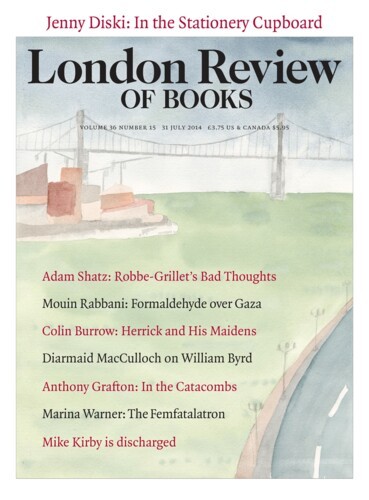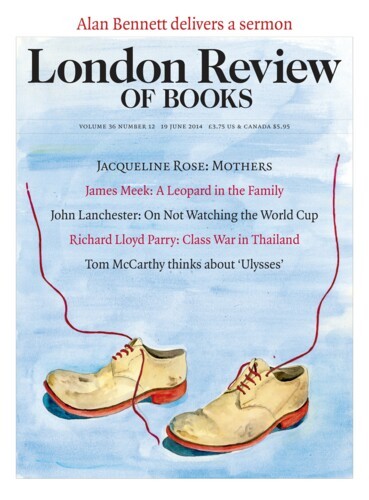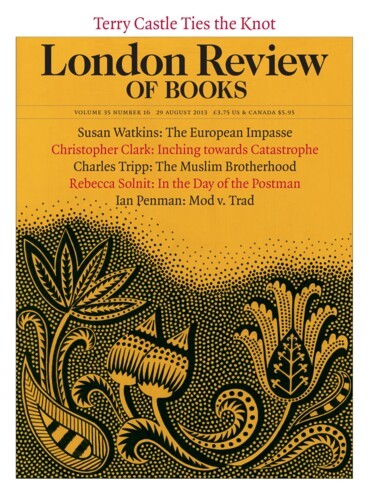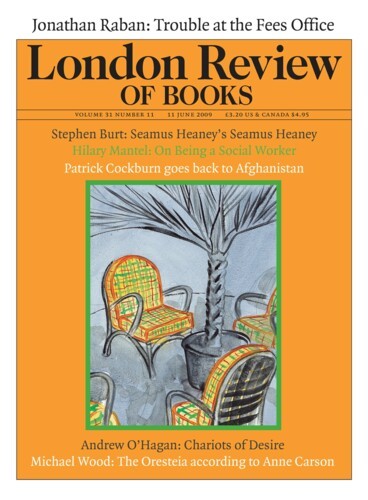Nikil Saval
Nikil Saval is an editor at n+1. His book, Cubed, about the history of offices, is out from Doubleday.
Frederik wasn’t himself: Christian Jungerson
Nikil Saval, 19 June 2014
The Danish novelist Christian Jungersen writes topical novels with untopical frames, which appear to be of the moment though they look at the news askance. His second novel, The Exception, came out in Denmark in 2004, when liberal debates about the justness of humanitarian intervention were at their height. Jungersen’s novel was set in the made-up Danish Centre for Information on...
White Happy Doves: The Real Mo Yan
Nikil Saval, 29 August 2013
When the English translation of Mo Yan’s novel Big Breasts and Wide Hips (1996) was published in 2004, it was seen by some critics as his bid for global literary prestige. It hit all the right notes: it was a historical saga of modern China featuring a proliferation of stories, it was unceasingly violent and nasty, and it came near to puncturing Party myths. In the preface, Howard Goldblatt, Mo Yan’s longtime translator and advocate, reported that it had provoked anger on the mainland among ideologues for humanising the Japanese soldiers who invaded Manchuria.
Yellow as Teeth: John Wray’s ‘Lowboy’
Nikil Saval, 11 June 2009
John Wray’s first book, The Right Hand of Sleep (2001), was a historical novel, narrating the slow collapse of an Austrian hilltown into the embrace of the Nazis. His second, Canaan’s Tongue (2005), was set during the American Civil War, but in place of the wistfulness and nostalgia that pervaded his previous book, this one was reminiscent of William Faulkner in his demonic vein....
Pieces about Nikil Saval in the LRB
Post-its, push pins, pencils: In the Stationery Cupboard
Jenny Diski, 31 July 2014
The secret beating heart of the dream office is the stationery cupboard, the ideal kind, the one that opens to enough depth to allow you to walk in and close the door behind you.
Read anywhere with the London Review of Books app, available now from the App Store for Apple devices, Google Play for Android devices and Amazon for your Kindle Fire.
Sign up to our newsletter
For highlights from the latest issue, our archive and the blog, as well as news, events and exclusive promotions.




